Basque-ing in the Culture
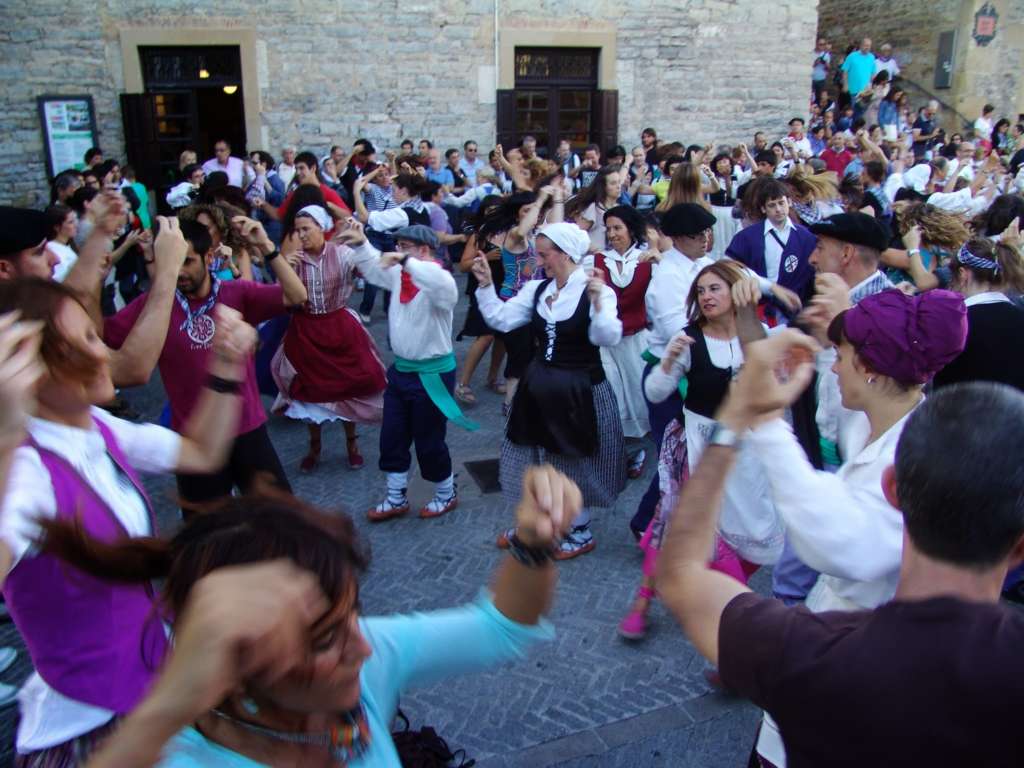
The Basque Country is a small region in northeastern Spain near northwestern France with an ancient history, language and culture all of it’s own. This is one region of Europe that doesn’t attract a huge amount of international tourism, perhaps making it all the more charming. You may know some of it’s more well known cities like Bilbao or Pamploma.
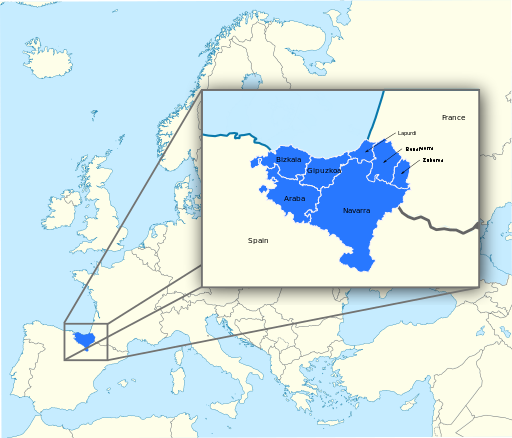
Language:
The Basque people have inhabited this region for the past 5000 years and as such, their language, Euskera, is one of the oldest languages that is still spoken and actively used to this day. It is not related to Latin like Italian, Spanish or French – and it is spoken across the Pyrenees Mountains into France. Some Euskera speaking cities in France include Bayonne and Biarritz.
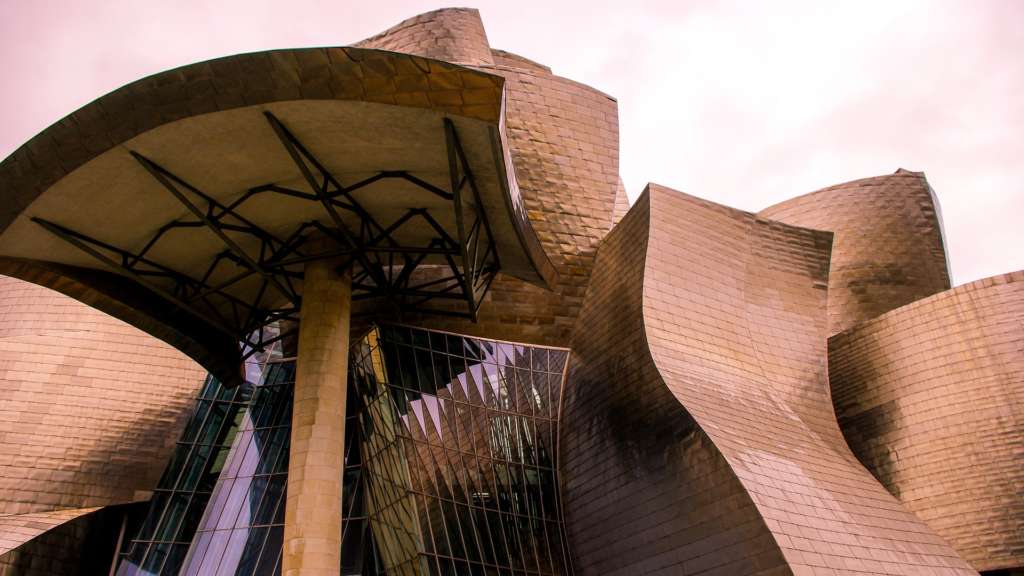
History:
Invaders have tried unsuccessfully to subdue the fiercely independent people who reside here over the centuries and the Basque people have survived Roman, Visigoth, Arabic, French and Spanish invasions. (1) Regionally the peoples are thought to be descendant from ancient Aquitanians. (2)
Myths and legends are infused into daily life for Basques with many similar to Roman or Greek mythologies. One interesting point is that there are no Gods in Basque culture, only Goddesses – the most important is Mari the Goddess of the Earth. (2)
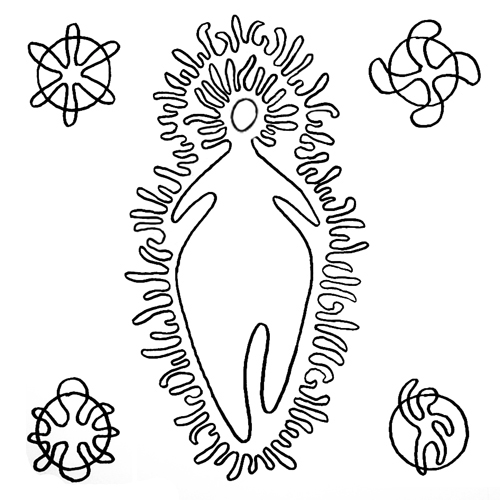
Festivals:
If you are visiting the Basque region you may happen upon a festival or two. One of the more interesting ones is a re-enactment of a local legend that takes place in a village called Lantz. According to legend, a very fat man called Ziripot lived in Lantz and was so large, that he could not work. In exchange for food, Ziripot would tell stories to the people. One day a giant called Miel Otxin appeared with a half-horse/half-man figure called Zaldiko and they exacted control over all the villagers who had to cough up all their worldly goods. Since Ziripot had naught to give the two bullies, they pushed him over and due to his large size, he was unable to get back up on his feet. During the night though, the local villagers came and helped Ziripot up and exacted revenge on the two would-be invaders. (3)
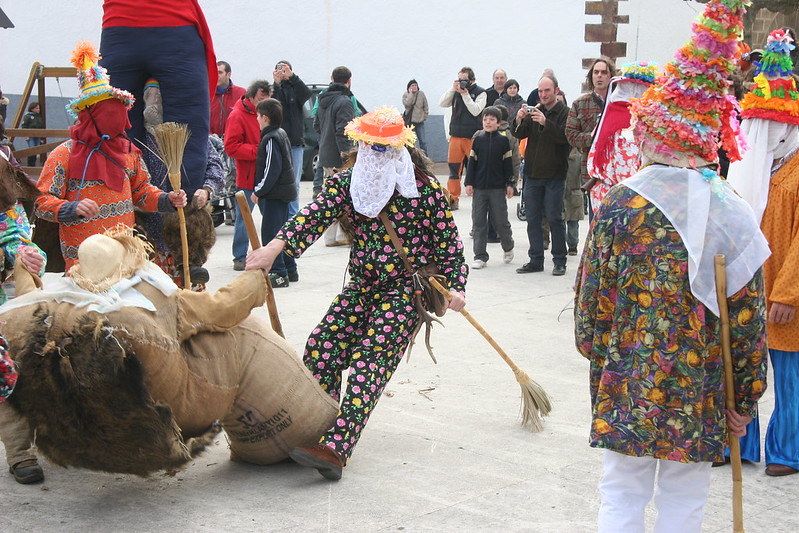
Food & Wine:
Wine from the La Rioja region is the national drink in the form of “txakoli” – a sparkling very dry white wine – which is usually served with ‘pintxos’ – a form of tapas. When served, it is normally poured into tall glasses from a height (2)

Basque hosts many many Michelin-Starred restaurants as food is seen culturally as not only sustenance, but also as a national pastime. there are even secret societies just for gourmet Basque peoples called “txokos”. (1) These food clubs were where men gathered to cook and enjoy their own food. Until recently, women were allowed entry only one day in the year. (2)
Traditional cuisine focuses on meats and fish grilled over hot coals with stews and bean dishes with specialty peppers and paprika grown in the region. Sheep’s’ cheese called Idiazabal is also endemic to the region.
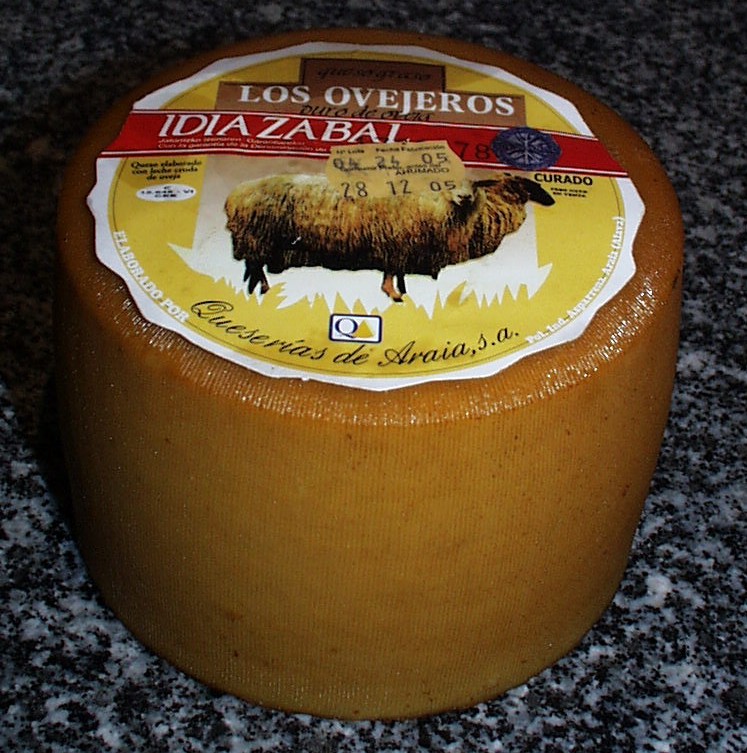
Sport:
No culture is complete without it’s own national sport. The Basques like to play a game called “Pelote” (or Pelota) which is a combination of handball and squash, played indoors at a frantic pace with small bats.
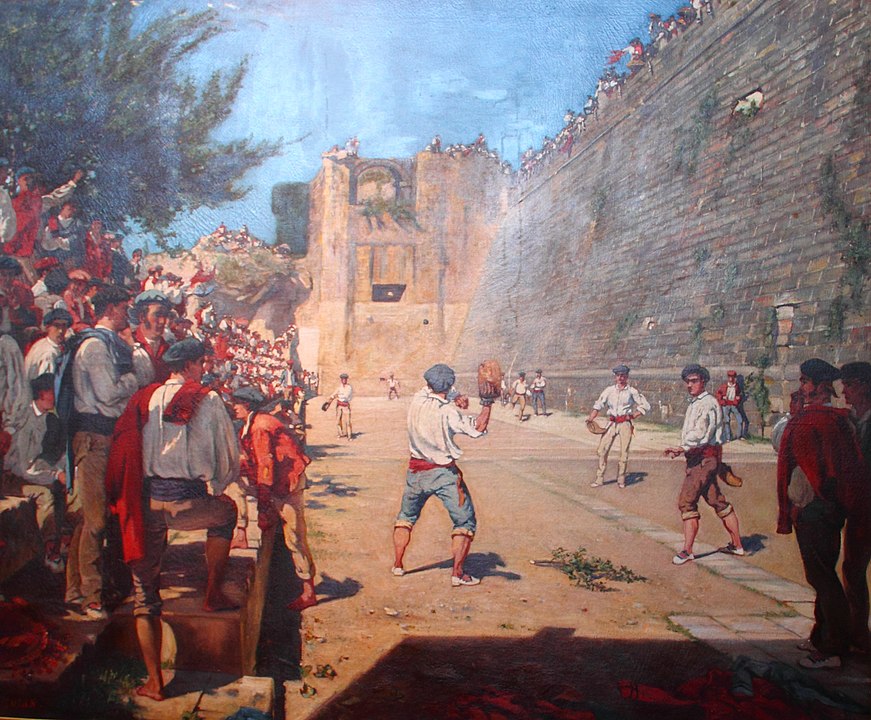
Music:
There are even specific musical instruments used by Basque musicians – namely the “txistu” and the “xirula”. Both are a type of flute or whistle with three holes which is played with one hand while the other hand plays a drum or other percussion instrument. (2)
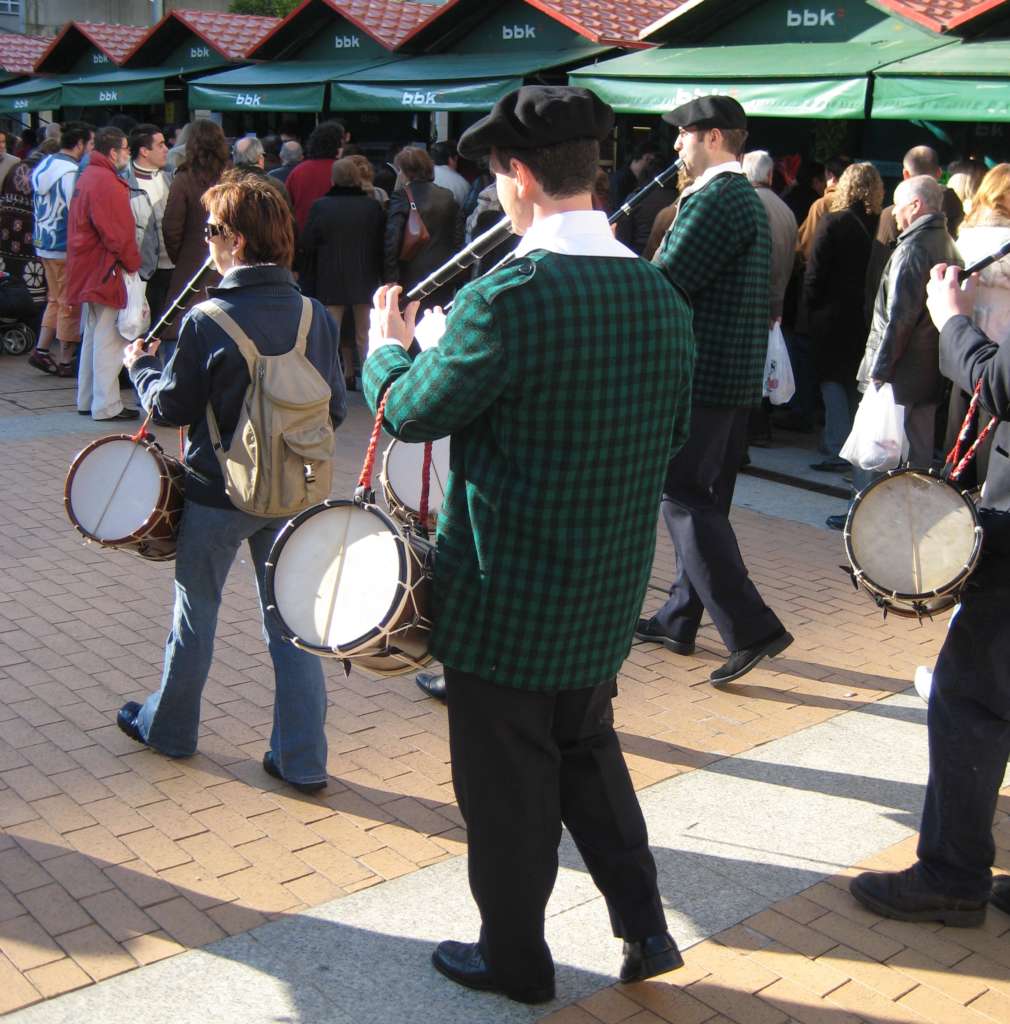
Basque Cruises CLICK HERE
Bibliography:
- (1) The Culture Trip: https://theculturetrip.com/europe/spain/articles/10-things-you-didnt-know-about-basque-culture/
- (2) Wikipedia: https://en.wikipedia.org/wiki/Basques
- (3) San Sebastian Turismo: https://www.sansebastianturismoa.eus/en/blog/basque/3694-the-basque-carnivals

